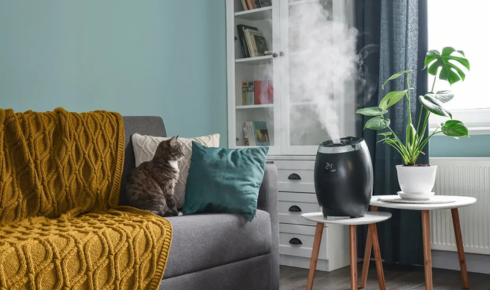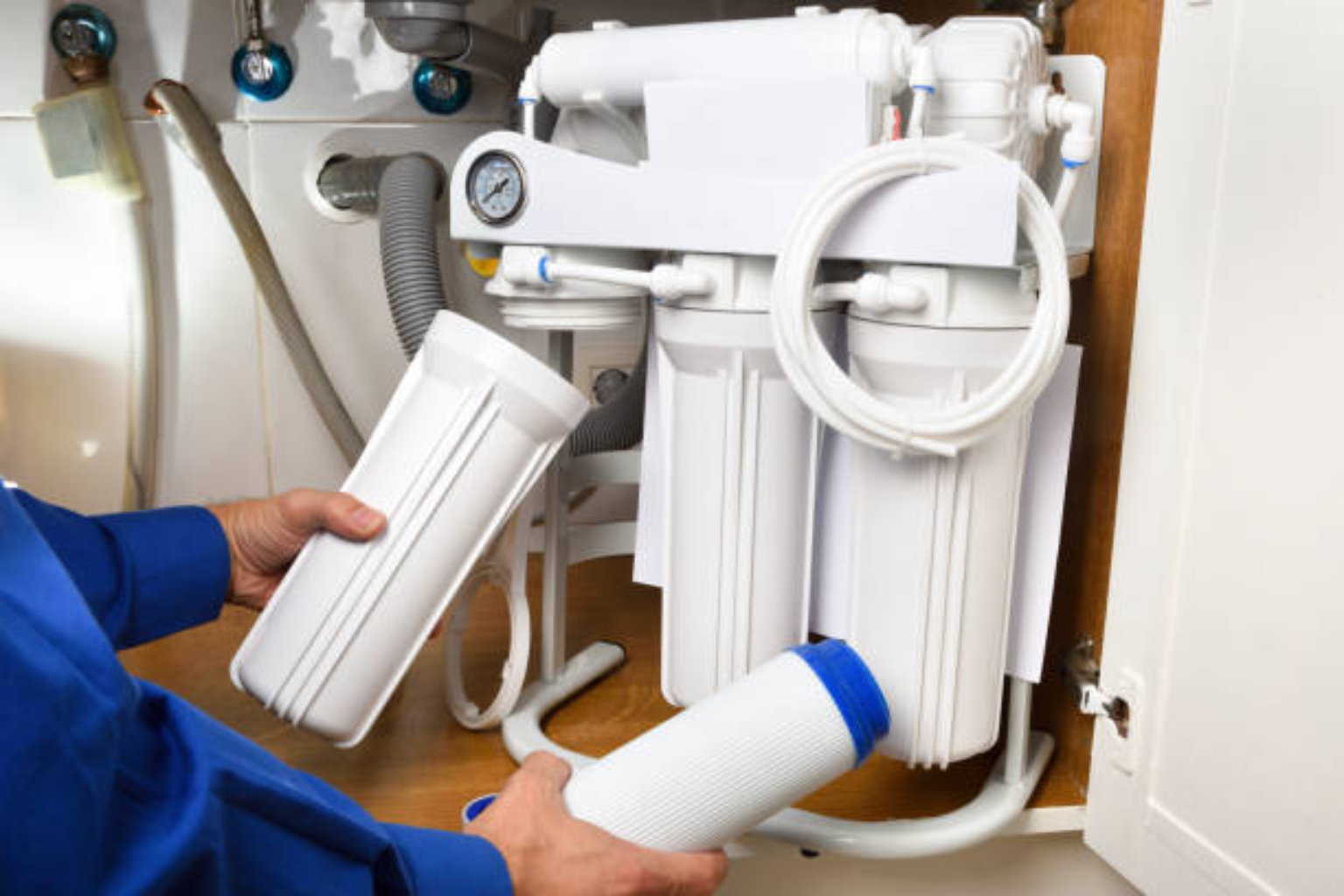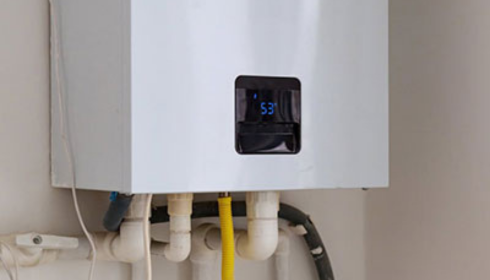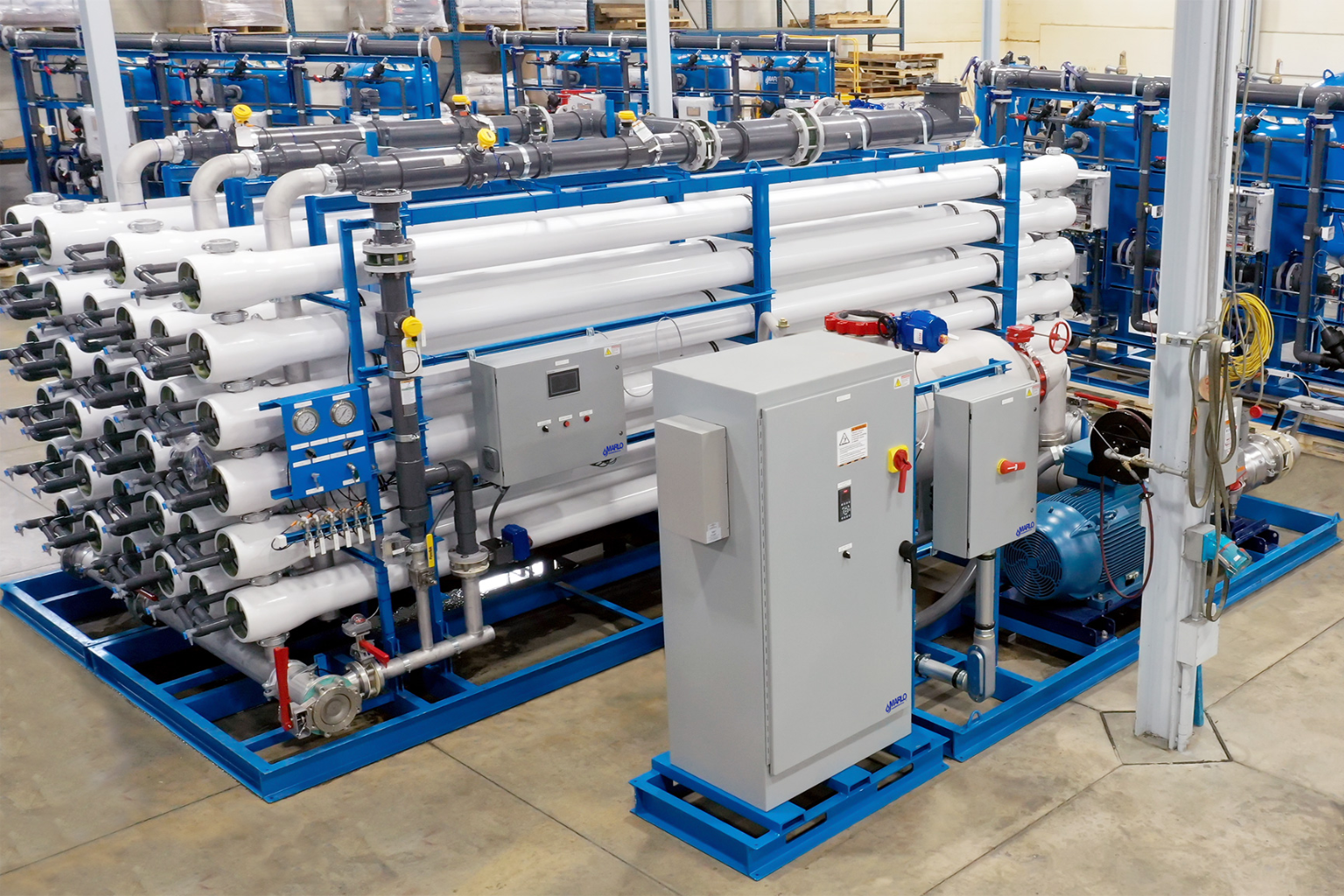It’s funny how something as invisible as humidity can have such a noticeable impact on our daily lives. You walk into a room, and maybe your skin feels tight, your lips are chapped, or your throat is scratchy. You shrug it off, thinking it’s just the season—or maybe allergies acting up—but really, it’s your home’s air quietly betraying you. I learned this the hard way one winter, when every morning felt like sandpaper in my throat, and even the dog seemed more restless than usual. That’s when I realized the subtle but profound impact that proper home humidifiers can have.
Understanding the Role of Humidity
Humidity is more than just a measure of moisture in the air—it’s a fundamental factor that affects comfort, health, and even your home itself. Air that’s too dry can lead to cracked wood floors, warped furniture, dry skin, and aggravation of respiratory conditions. On the flip side, overly humid air fosters mold, dust mites, and other allergens. The sweet spot, typically between 30-50% relative humidity, makes your home feel balanced and comfortable.
For years, I underestimated the importance of indoor humidity. I thought opening a window or running the furnace would suffice, but in reality, my home was in the low twenties percentage-wise for relative humidity during winter. That’s when I started exploring practical solutions—leading me to the surprisingly transformative world of humidifiers.
The Benefits of Home Humidifiers
Home humidifiers aren’t just about comfort; they’re about health and home preservation. Adding moisture to dry air helps reduce nosebleeds, eases dry skin, and even protects your vocal cords. Your furniture and flooring benefit too, as wood is less likely to crack, and paint or wallpaper stays intact longer.
Portable units are great for single rooms or targeted areas. They’re easy to move, simple to operate, and perfect for bedrooms or home offices. Even a small investment in a portable humidifier can dramatically improve daily life during cold, dry months. For example, I noticed a dramatic reduction in static electricity shocks and fewer nighttime sneezes almost immediately after introducing a unit into the bedroom.
Beyond Portables: Whole House Humidifiers
While portable units are convenient, the real game-changer is a whole house humidifier. These systems integrate with your HVAC, regulating moisture throughout the home rather than just in isolated rooms. The difference is subtle at first—you don’t feel a blast of mist—but over weeks, you notice less dryness, more consistent comfort, and fewer fluctuations in humidity that cause sinus irritation or chapped skin.
Whole-house systems are particularly beneficial for larger homes or households with multiple occupants, as they maintain a uniform environment. They work quietly, often in the background, so you’re rarely aware of their presence—until you notice the air feels effortlessly comfortable and your home seems fresher.
Indoor Humidity Control: Why It Matters
Maintaining the right humidity isn’t just about adding moisture. It’s about indoor humidity control. Too little and you deal with dryness; too much and you risk mold, mildew, and dust mites. Advanced humidifiers often feature built-in sensors to monitor moisture levels and adjust output automatically.
This kind of control can prevent common household problems. For instance, I had a humidifier that ran constantly without regulation, and soon noticed condensation forming on windows. That taught me the value of smart systems that maintain balance, rather than simply pumping moisture into the air blindly. A well-calibrated system ensures optimal comfort while protecting your home from excess humidity problems.
Choosing the Right Humidifier
Selecting the right humidifier depends on your home, lifestyle, and the level of control you want. Portable units are excellent for single-room solutions or seasonal needs. Whole-house systems are better for integrated, long-term comfort. When choosing a unit, consider:
- Coverage area: Ensure the humidifier can effectively serve the space you intend.
- Ease of maintenance: Some units require frequent filter changes, while others are nearly hands-free.
- Noise levels: Especially relevant for bedrooms or home offices.
- Automation features: Humidistats, timers, and smart sensors improve efficiency and convenience.
I found that investing a bit more upfront in a system that offered reliable sensors and automatic adjustment paid off in the long run. It reduced the guesswork and ensured consistent comfort even when I wasn’t paying attention.
Seasonal Tips for Humidity
Humidity needs fluctuate with the seasons. Winter air is notoriously dry, so humidifiers are essential, while summer months might require less intervention, especially in naturally humid climates. I personally schedule more rigorous use from November through March and scale back when outside humidity rises.
Placement matters too. For portable units, keeping them in central areas or near vents helps distribute moisture evenly. For whole-house systems, professional installation ensures proper integration with your HVAC and optimal airflow throughout the home.
Health Benefits You Can Feel
Beyond comfort, maintaining proper humidity levels has tangible health benefits. Air that’s too dry can exacerbate respiratory conditions, increase susceptibility to colds, and make sinuses uncomfortable. On the other hand, balanced humidity reduces these risks and even supports skin and hair health.
For households with young children or elderly family members, these benefits are particularly impactful. Less irritation, better breathing, and a generally healthier environment can make a big difference in daily life. Even for otherwise healthy adults, the difference in sleep quality and overall comfort is noticeable.
Maintenance Matters
A humidifier is only as good as its maintenance. Cleaning the unit regularly, replacing filters, and monitoring water levels prevents bacteria or mold from developing inside the machine. Whole-house systems also benefit from periodic professional inspection to ensure optimal performance and hygiene.
Neglecting maintenance not only reduces efficiency but can introduce the very problems you’re trying to avoid. For example, I once ignored cleaning a portable humidifier for a few weeks and noticed a faint musty smell developing. Cleaning it restored freshness immediately, reminding me how critical simple upkeep is.
Energy Efficiency and Cost Considerations
Modern humidifiers are surprisingly energy-efficient, particularly integrated whole-house systems. While there’s an upfront investment, the long-term benefits—reduced static electricity, less damage to wood and paint, and improved health—often outweigh costs. Portable units are generally inexpensive and easy to operate, making them ideal for smaller spaces or temporary needs.
Investing in a system that balances effectiveness and efficiency ensures that you’re not just adding moisture to the air—you’re enhancing your home’s overall environment responsibly and sustainably.
Final Thoughts
Humidity is invisible, but its impact on comfort, health, and home preservation is very real. Whether you’re using home humidifiers for targeted relief, investing in a whole house humidifier for long-term balance, or exploring advanced indoor humidity control systems, the benefits are tangible and far-reaching.
Adding moisture in the right amounts can transform how your home feels, how you sleep, and even how healthy you feel. It’s one of those subtle upgrades that quietly makes life better every day. Once you experience properly balanced indoor air, you’ll wonder how you ever lived without it.




